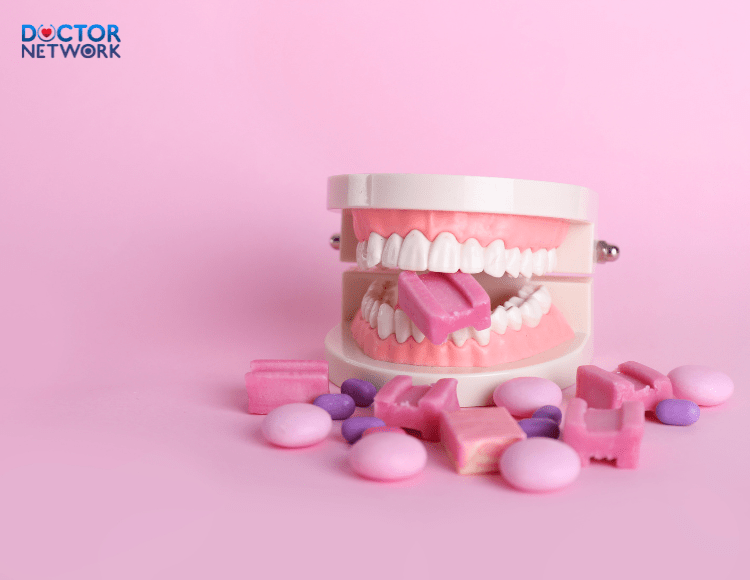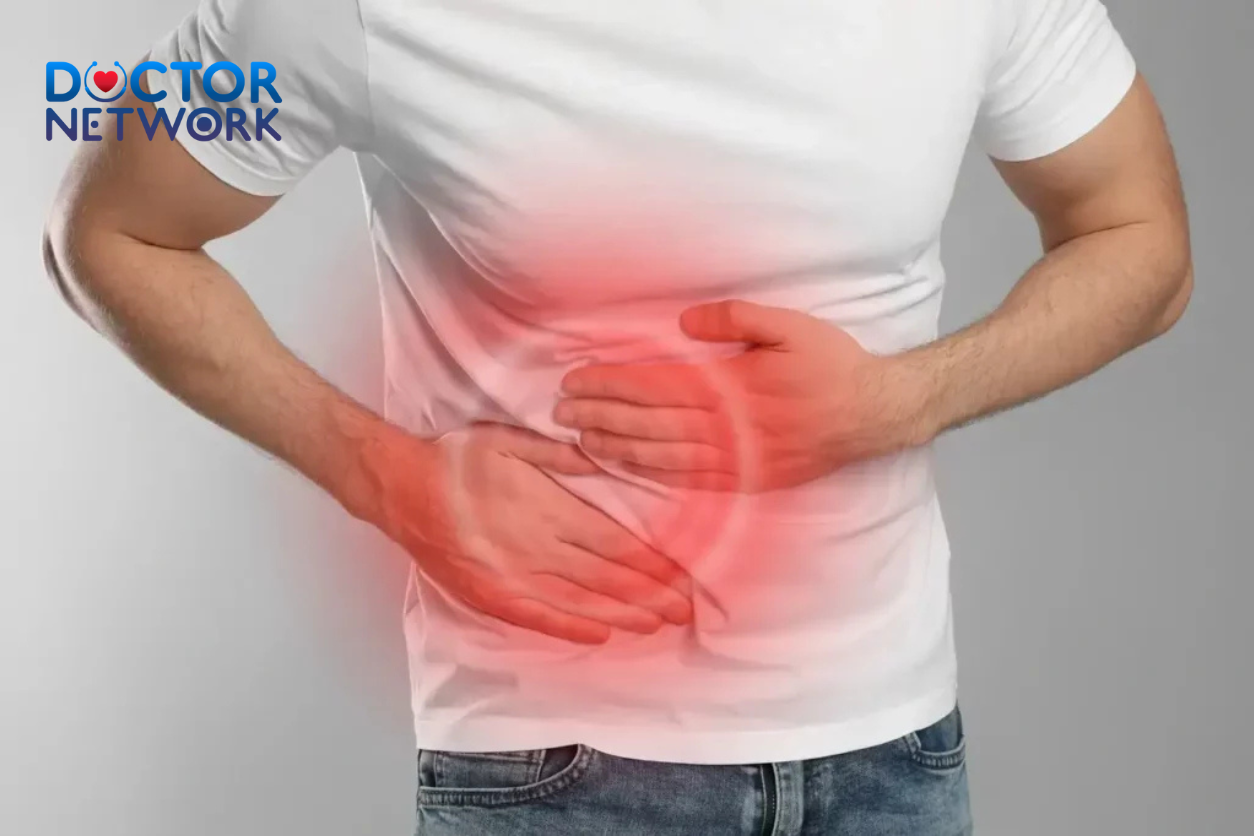The increasing prevalence of overweight and obesity poses significant social challenges and impacts the health of individuals. The primary cause of overweight and obesity is often attributed to poor dietary habits. Maintaining a proper diet involves not only considering the nutritional content of food but also focusing on the manner in which it stimulates the body to produce appropriate endocrine responses for digestion and nutrient absorption. Thorough chewing plays a crucial role in the entire process of food digestion. This article explores the role of chewing, its benefits, and the potential health risks associated with inadequate chewing, presented by Assoc. Prof. Nguyen Anh Tuan, MD, PhD.
1. The Role of Chewing in the Digestive Process:
When envisioning the components of the human digestive system, many think of the stomach and intestines. However, the true starting point of the entire digestive process is the mouth. Chewing, the initial step, aids in breaking down food into smaller particles, mixing it with beneficial enzymes in saliva, and preparing it for swallowing.

Chewing plays a crucial role, aiding in the mechanical breakdown of food for the digestive process
2. How Thorough Chewing Benefits Digestion and Health:
Thorough chewing habits can offer various benefits often overlooked. Studies suggest that chewing slowly and deliberately may reduce overall food intake. In a study involving 30 healthy women, those who chewed slowly consumed significantly less food but still felt more satiated than those who ate quickly.
The latest research from the American Institute of Food Technology discovered that prolonged chewing of nuts (25-40 chews) not only facilitates faster and more efficient absorption but also extends the duration of satiety. Furthermore, a study conducted by a Chinese medical university revealed that individuals who spent more time chewing consumed 11.9% fewer calories, leading to weight loss, reduced fat accumulation, and increased energy levels throughout the day.
Benefits of Thorough Chewing
- Weight Reduction: Gandhi’s statement, “Chew your drink and drink your food,” is substantiated by scientific research, showing that prolonged chewing contributes to weight loss by allowing the brain more time to receive signals from the stomach that it is full. The brain takes at least 20 minutes to signal fullness, and slower chewing results in consuming fewer calories.
- Enhanced Nutrient Absorption: Chewing breaks down large food particles into smaller elements, facilitating the absorption of nutrients through the intestines.
- Improved Digestive Enzyme Release: Thorough chewing releases digestive enzymes in saliva and the stomach, aiding in the breakdown of food for efficient energy conversion.
3. What Constitutes Thorough Chewing?
Thorough chewing is generally considered to involve approximately 32 chews before swallowing, though this number may vary based on individual preferences. Chewing frequency can range from 10-15 chews for soft, water-rich foods to 40 chews for more challenging items like steak. The ultimate goal is to disrupt the food’s structure, transforming it into a soft mixture before entering the stomach.
4. How to Chew Properly:
Recognizing the need for more thorough chewing and implementing changes requires time and conscious effort. To maximize the effectiveness of chewing for optimal nutrient absorption, consider the following tips:
- Avoid overloading the fork to prevent spillage.
- Chew slowly, moving the food from one side of the mouth to the other.
- Count to 32 with each bite, adjusting based on the food’s type.
- Engage in upright posture, deep breathing, and mindful eating to enhance the chewing process.
5. Consequences of Inadequate Chewing:
The habit of inadequate chewing adversely affects overall health and diminishes the quality of food. Poorly chewed food disrupts the rest of the digestive system, potentially leading to digestion issues, nutritional deficiencies, food poisoning, weight gain, and increased stress.

Inadequate chewing can lead to food poisoning
Dietary Recommendations
In addition to adopting thorough chewing practices, dietary habits play a crucial role in promoting healthy eating and preventing obesity. Recommendations include avoiding drinking water during meals, refraining from immediate post-meal coffee consumption, steering clear of fruits and sweets post-meal, and incorporating raw vegetables and probiotics into the diet.

Avoid vigorous physical activity immediately after a full meal
In conclusion, inadequate chewing is an unhealthy habit that can impact overall health. Therefore, individuals are encouraged to change their habits and learn to eat slowly and chew thoroughly to reap maximum benefits. If persistent inadequate chewing has been a longstanding habit, seeking a general health check-up is advised to receive specialized advice from a medical professional.
This article provides insights into the effects of thorough chewing on individuals dealing with overweight or obesity, aiming to contribute valuable information to readers.
Kiểm Duyệt Nội Dung
More than 10 years of marketing communications experience in the medical and health field.
Successfully deployed marketing communication activities, content development and social networking channels for hospital partners, clinics, doctors and medical professionals across the country.
More than 6 years of experience in organizing and producing leading prestigious medical programs in Vietnam, in collaboration with Ho Chi Minh City Television (HTV). Typical programs include Nhật Ký Blouse Trắng, Bác Sĩ Nói Gì, Alo Bác Sĩ Nghe, Nhật Ký Hạnh Phúc, Vui Khỏe Cùng Con, Bác Sỹ Mẹ, v.v.
Comprehensive cooperation with hundreds of hospitals and clinics, thousands of doctors and medical experts to join hands in building a medical content and service platform on the Doctor Network application.



























